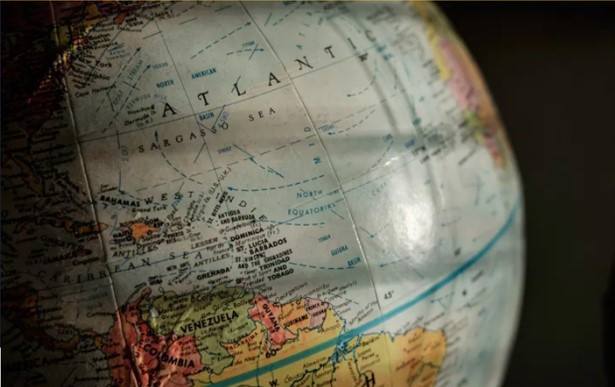
At first blush, it looked like cryptocurrency adoption was poised to make a huge stride in Venezuela.
By Coindesk – José Rafael Peña Gholam
Sep 21, 2020
Late last month, Venezuelan opposition leader Juan Guaidó announced he would use the digital currency exchange Airtm to redistribute some $19 million to Venezuelan health care workers. The money would come from funds that the U.S. government seized from the incumbent Maduro government. The “health heroes” funds would be delivered via Airtm’s stablecoin, AirUSD.
But after speaking to various medical personnel here, I came away with the impression that the health heroes campaign has been somewhat chaotic.
One health care worker told me what happened when she tried to register:
“Most people I know, who work like me in the health sector and have discussed the matter, couldn’t register and didn’t even know what Airtm is. … The first registration page kept failing and it made you go back to the beginning. … I only know one person who was able to register but has not received the confirmation email.”
Venezuela has become a popular example of the power of crypto, which is sometimes more reliable than our hyperinflated national currency, the bolivar. But the Airtm campaign is another example of how well-intentioned crypto campaigns are easily obstructed by the daily challenges of Venezuelan life.
Quarantine
Bitcoin adoption is low nationwide, but during quarantine its use appears to have grown a little. Bitcoin peer-to-peer trade volume has held steady in 2020. [Note: Paxful recently left Venezuela, citing U.S. sanctions.]
Venezuela currently has more than 60,000 cases of COVID-19 and the pandemic has only worsened Venezuela’s economic crisis. The vast majority of the population survives day to day and must decide between starvation or risking the virus to earn some money.
During quarantine, some people seemed to grow more interested in speculating in financial markets, including cryptocurrencies. That’s because Venezuela’s currency is so inflated that many consider it worthless. There are also many people with a desperate need to make money.
The bolivar remains volatile. The U.S. dollar is the more trusted currency, but some people think paper money can transmit COVID-19. There are a lot of digital payment options, but none are very popular. So accepting bitcoin and other cryptocurrencies has become more attractive.
Health heroes
COVID-19 has brought to light another big cryptocurrency story. Venezuela currently has a parallel government led by the opposition leader Juan Guaidó, who has also been declared president by the national assembly. In April, Guaidó promised to give bonuses to the health care workers who have been helping to manage the COVID-19 pandemic. The bonus would be around $100 a month for three months of work, which is not a small amount in Venezuela.
The health heroes funding, which adds up to at least $19 million, would come from money seized from the Maduro government by the United States and held by the U.S. Treasury Department.
It’s worth noting that the Venezuelan state has a cryptocurrency of its own, the Petro. The AirUSD bonus will probably be much easier to use than the Petro bonus that the Venezuelan government gave out at the end of 2019. Up until today, there are still people who have not managed to move those Petros.
According to Guaidó’s team, this campaign has four stages: application; verification and selection; registration in the digital platform (Airtm) intended for payment; and transfer of aid for three consecutive months. The last stage has already begun.
The first stage was chaotic because the Maduro government quickly blocked the registration page. There were also phishing attempts intended to steal personal data. One public employee said he received threats from his supervisor for trying to receive the funds. Two of five health care workers I spoke to did not manage to pass the first stage because they could not open the page because of the government’s block.
According to Guaidó’s team, more than 75,000 users were registered, and some 62,000 people were selected to receive the bonuses. It’s hard to know what percentage this is of total public health employees. Estimates range widely, and the only entity that would know the correct number is the Maduro government.
…
Read More: Coindesk – Here in Venezuela, doctors struggle to access aid from Crypto Platform
…
La Patilla in English
The post Here in Venezuela, doctors struggle to access aid from Crypto Platform appeared first on LaPatilla.com.
Source: La Patilla

